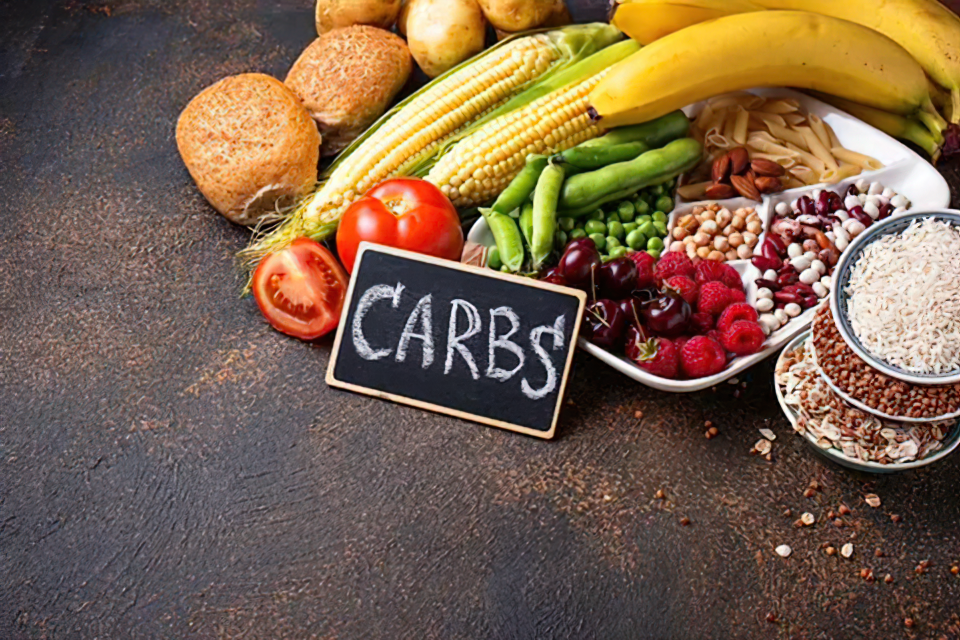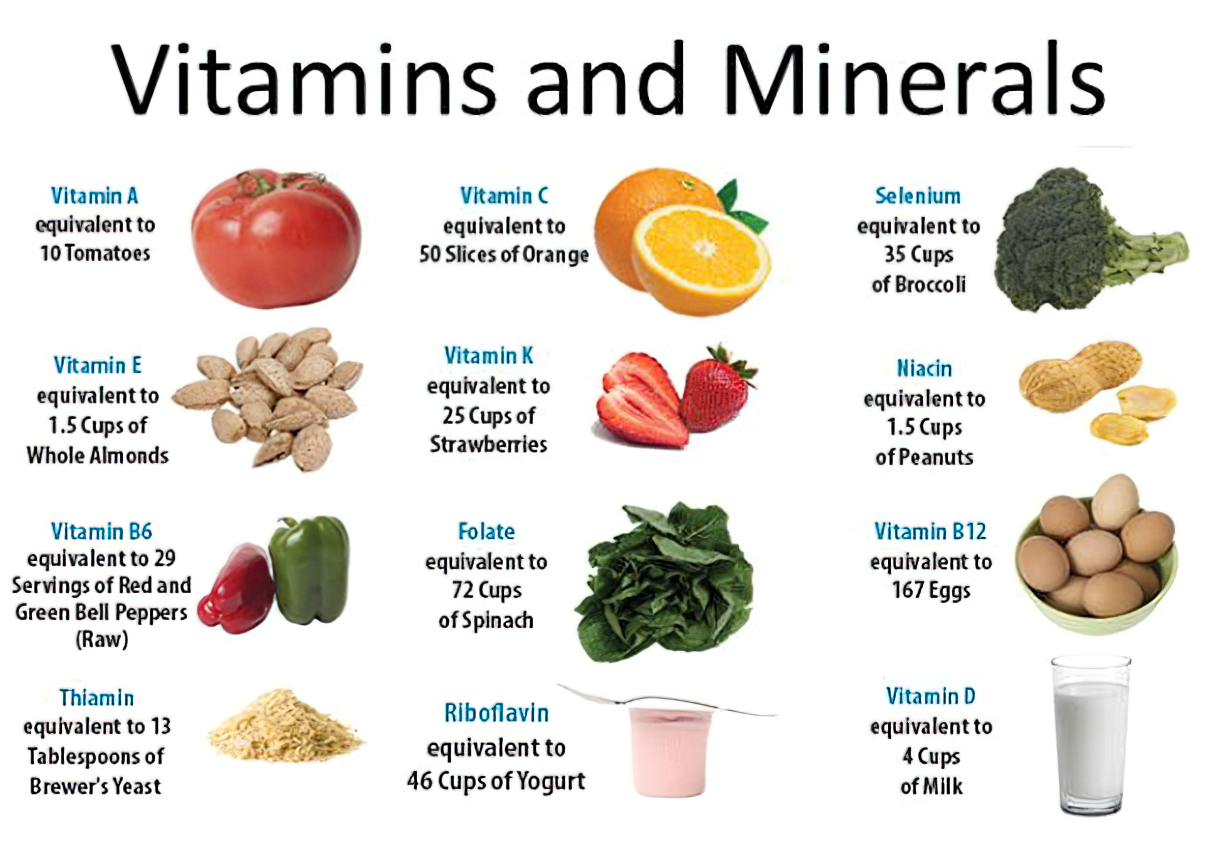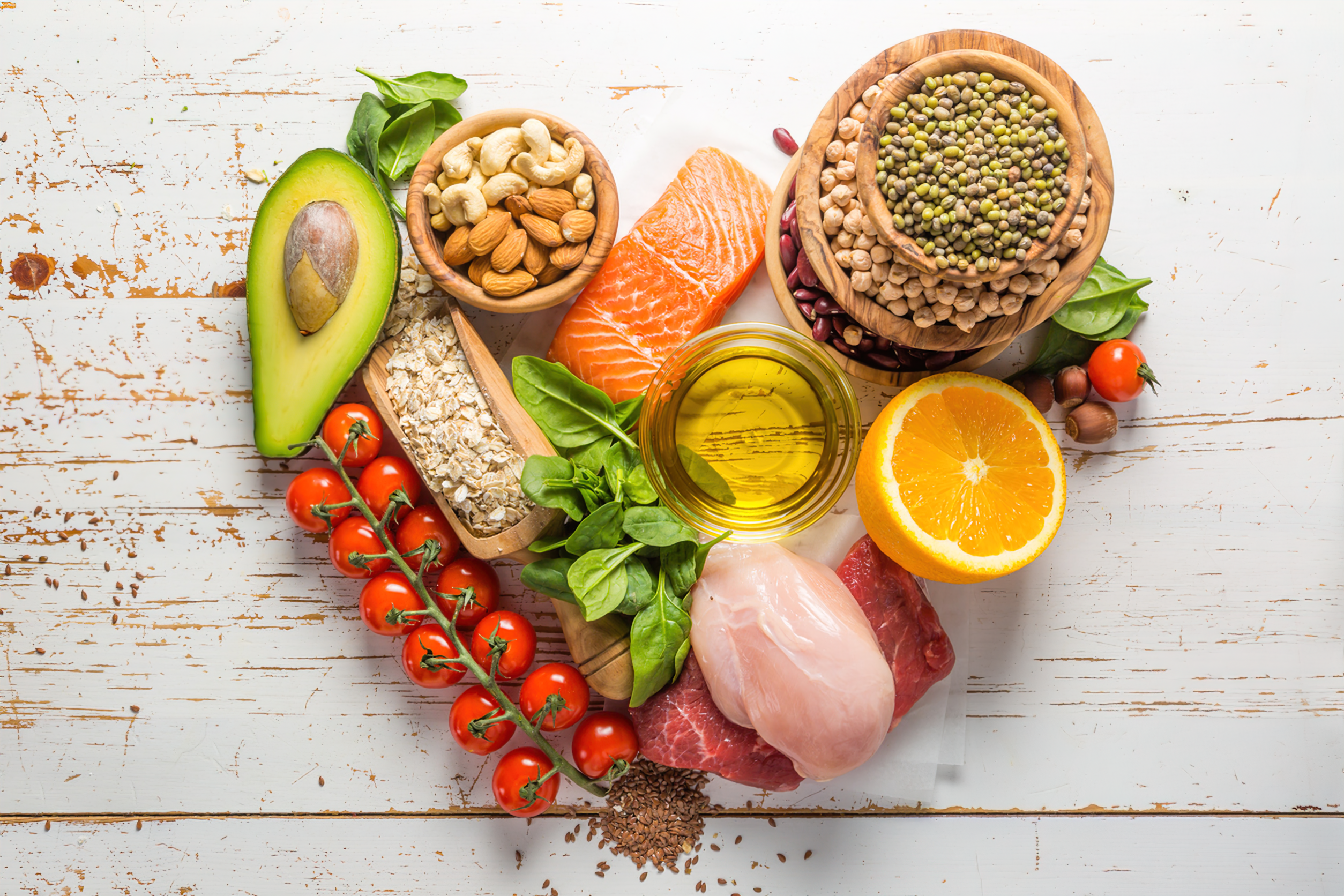Nutrition is the science of how food affects the body. It is a critical component of a healthy lifestyle, as it provides the body with the nutrients it needs to function properly. Whether you’re a beginner or an expert in nutrition, understanding the basics of nutrition can be helpful for maintaining a healthy diet. In this article, we’ll explore the essentials of nutrition and provide tips for building a healthy diet.
The Basics of Nutrition
Nutrition is the study of how food affects the body. Good nutrition is essential for maintaining a healthy body weight, reducing the risk of chronic diseases, and promoting overall health and wellbeing. A healthy diet is one that is balanced, varied, and rich in nutrients. It’s important to consume foods that are high in nutrients, such as vitamins, minerals, fiber, and antioxidants, while limiting foods that are high in unhealthy fats, sugars, and sodium.
Macronutrients and Micronutrients
Nutrients can be divided into two categories: macronutrients and micronutrients. Macronutrients include carbohydrates, proteins, and fats, which provide the body with energy and are necessary for growth and repair. Micronutrients include vitamins and minerals, which are essential for the body’s metabolic processes and immune function.
Carbohydrate
Carbohydrates are the body’s primary source of energy. They are found in foods such as bread, pasta, rice, and fruits. It’s important to choose complex carbohydrates, such as whole grains, over simple carbohydrates, such as sugar and white bread. Complex carbohydrates are digested more slowly, which helps to regulate blood sugar levels and provides sustained energy throughout the day.
Proteins
Proteins are essential for growth and repair of the body’s tissues. They are found in foods such as meat, poultry, fish, beans, and tofu. It’s important to choose lean proteins, such as chicken and fish, over high-fat proteins, such as red meat. Lean proteins are lower in saturated fat, which can help to reduce the risk of heart disease.
Fats
Fats are essential for the body’s energy production and absorption of certain vitamins. They are found in foods such as nuts, seeds, avocados, and oils. It’s important to choose healthy fats, such as olive oil and nuts, over unhealthy fats, such as saturated and trans fats found in fried foods and processed snacks. Healthy fats can help to lower cholesterol levels and reduce the risk of heart disease.
Vitamins and Mineral
Vitamins and minerals are essential for the body’s metabolic processes and immune function. They are found in a variety of foods, including fruits, vegetables, whole grains, and lean proteins. It’s important to eat a varied diet to ensure that you’re getting all the nutrients your body needs. Vitamins and minerals play a critical role in maintaining good health and preventing chronic diseases.
Water and Hydration
Water is essential for the body’s function, and dehydration can lead to fatigue, headaches, and other health problems. It’s important to drink plenty of water throughout the day, and limit your intake of sugary and caffeinated drinks. Water helps to regulate body temperature, transport nutrients and oxygen to cells, and remove waste products from the body.
Building a Healthy Diet
A healthy diet is one that is balanced, varied, and rich in nutrients. The USDA’s MyPlate model is a helpful guide for building a healthy diet. It recommends filling half your plate with fruits and vegetables, a quarter with lean proteins, and a quarter with whole grains. In addition, it’s important to limit your intake of saturated and trans fats, added sugars, and sodium.
Tips for a Healthy Diet
Eat a variety of foods to ensure that you’re getting all the nutrients your body needs.
- Choose whole, unprocessed foods whenever possible.
- Avoid processed and packaged foods, which are often high in unhealthy fats, sugars, and sodium.
- Limit your intake of sugary and caffeinated drinks, and drink plenty of water throughout the day.
- Choose lean proteins, such as chicken and fish, over high-fat proteins, such as red meat.
- Incorporate healthy fats, such as olive oil and nuts, into your diet.
- Eat a variety of fruits and vegetables, aiming for a minimum of 5 servings per day.
- Choose whole grains, such as brown rice and quinoa, over refined grains, such as white rice and pasta.
- Be mindful of portion sizes, and avoid overeating.
Benefits of a Healthy Diet
A healthy diet can provide numerous benefits for your body and mind. It can help to maintain a healthy body weight, reduce the risk of chronic diseases, such as heart disease, diabetes, and cancer, and promote overall health and wellbeing. In addition, a healthy diet can improve cognitive function, mood, and sleep quality.
Nutrition and Travel
Maintaining a healthy diet can be challenging while traveling, as it can be difficult to find healthy options on the go. However, with a little planning and preparation, it’s possible to maintain a healthy diet while traveling.
Before you leave for your trip, research local restaurants and markets to find healthy options. Pack healthy snacks, such as nuts, fruits, and granola bars, to eat on the go. When dining out, choose grilled or baked options over fried foods, and opt for salads or vegetable sides instead of fries.
Conclusion
Nutrition is an essential component of a healthy lifestyle. By understanding the basics of nutrition and incorporating healthy eating habits into your daily routine, you can maintain a healthy body weight, reduce the risk of chronic diseases, and promote overall health and wellbeing. A healthy diet can be easy and enjoyable, and can provide your body with the nutrients it needs to function at its best. With the right information and a commitment to healthy eating, you can achieve your health goals and feel your best.

